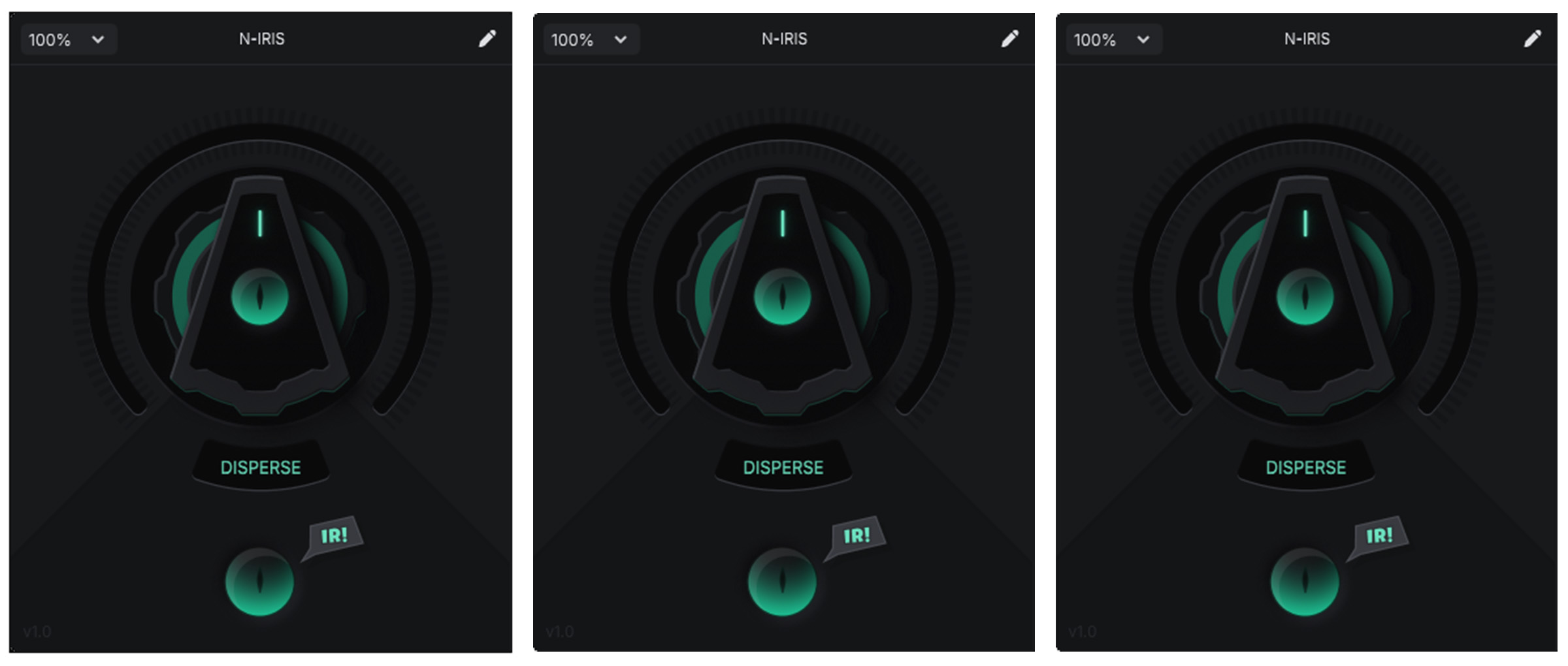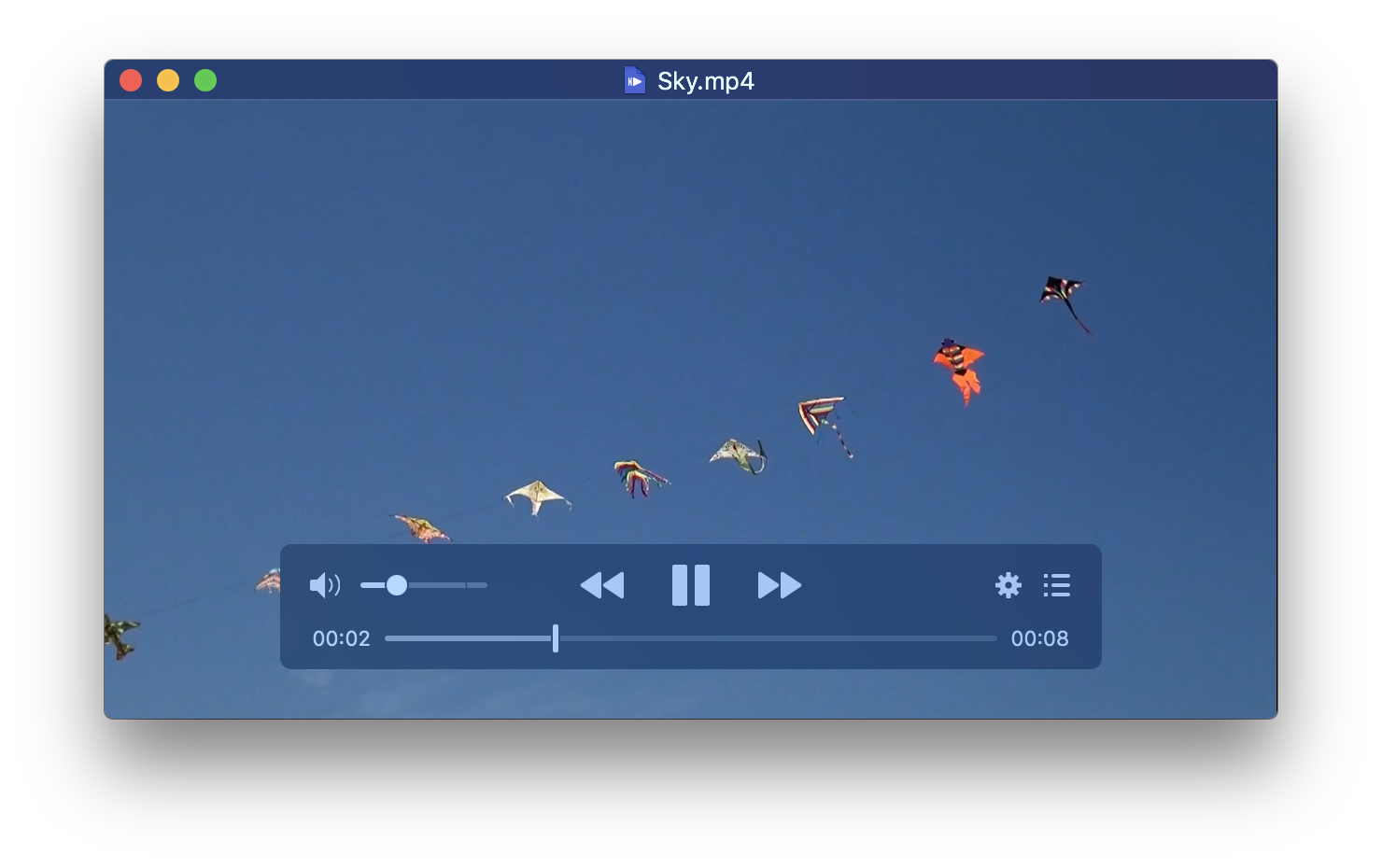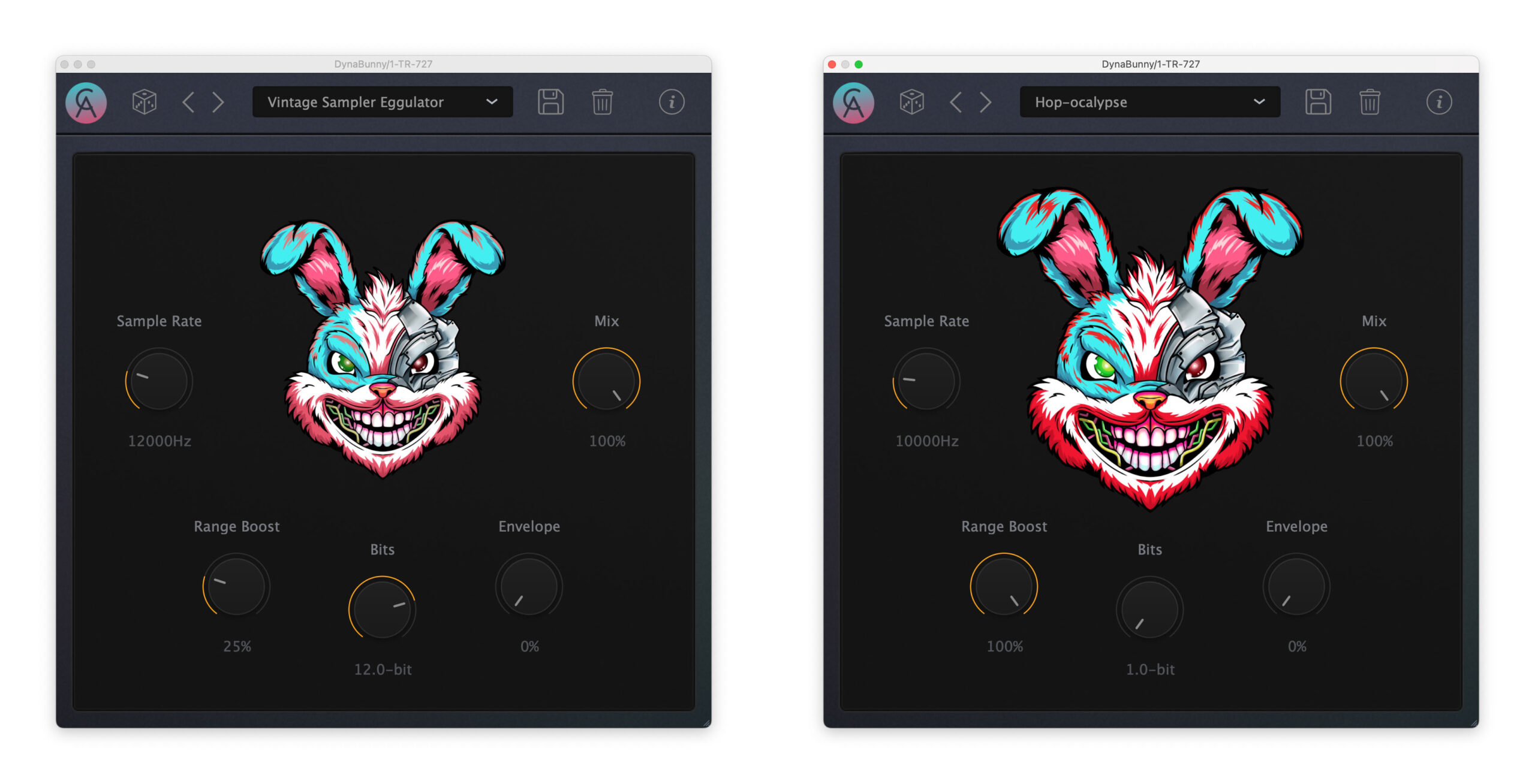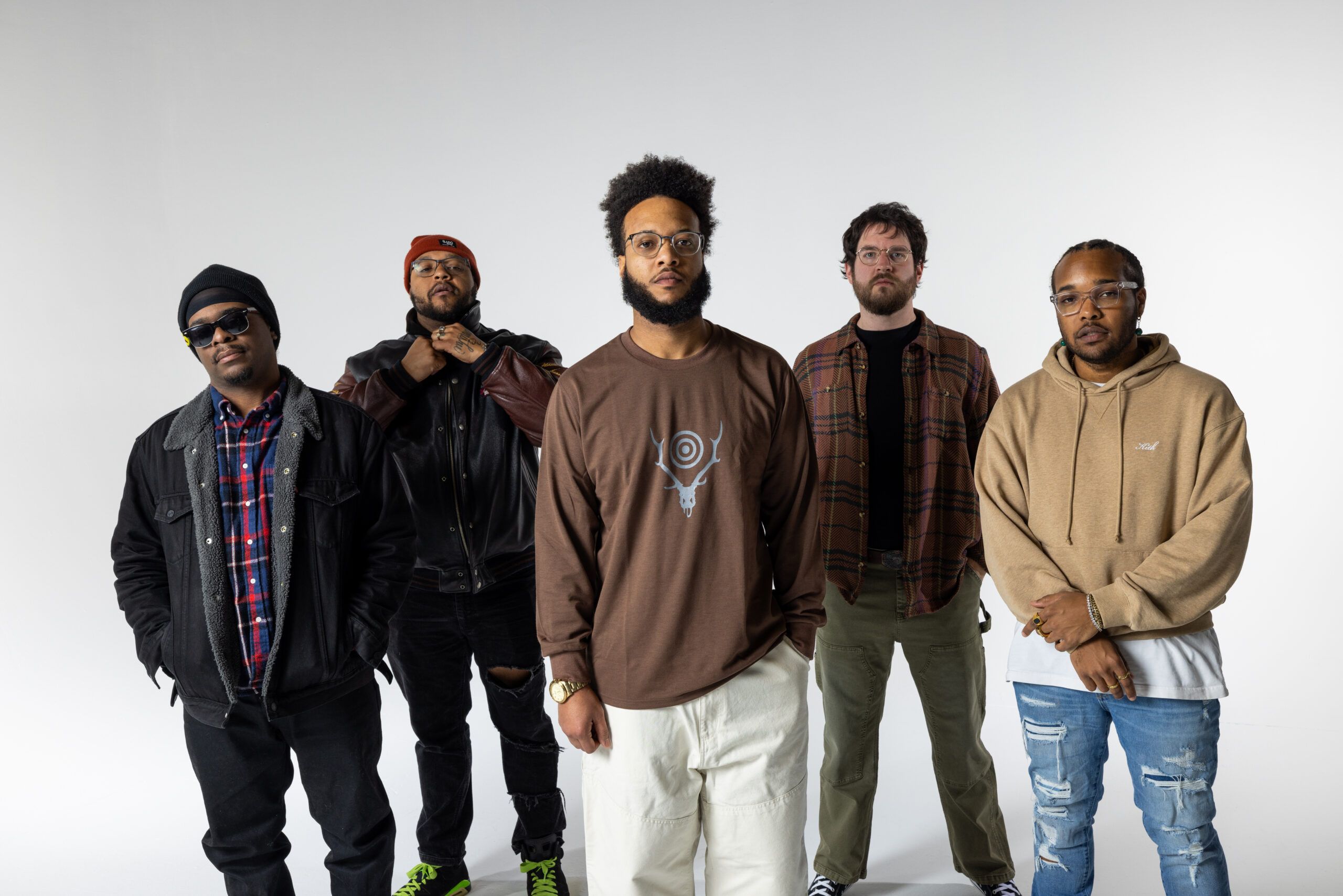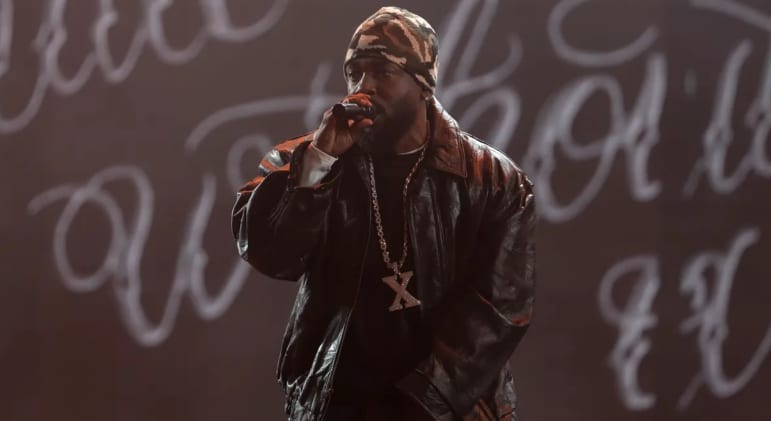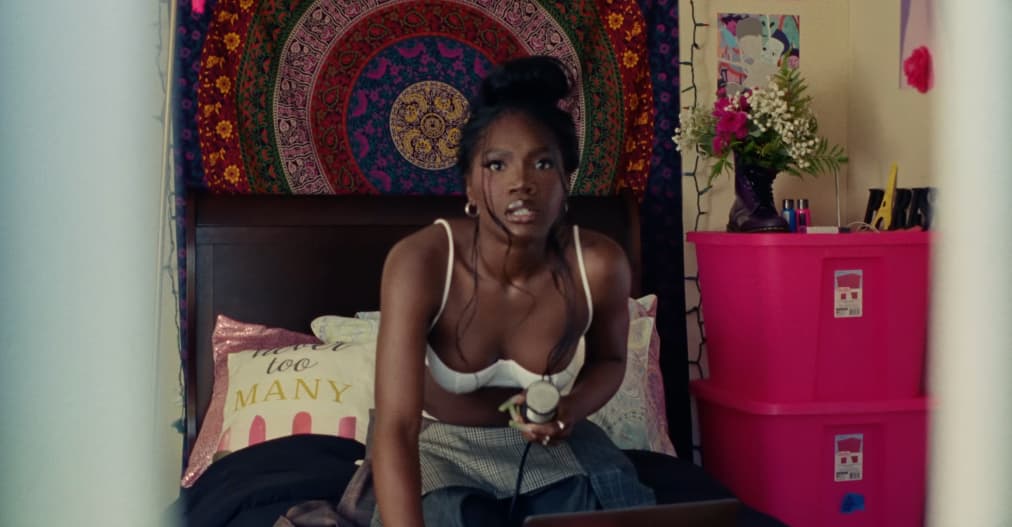Mexico’s President Claudia Sheinbaum on Whether Narcocorridos Should Be Banned or Regulated
"Education and awareness are better approaches," the president tells Billboard Español of the ongoing debate.

Mexico’s President Claudia Sheinbaum addressed questions from Billboard Español this Wednesday (April 16) regarding the controversy surrounding the idea of the federal government potentially banning or regulating the public dissemination of music that glorifies criminal activities, specifically so-called narcocorridos. This is a measure that some state and municipal governments have already begun implementing.
Joining the list of regions that have turned down the volume on corridos tumbados and narcocorridos — a genre popularized by artists like Natanael Cano, Peso Pluma, and Junior H — are Mexico City and Michoacán, which recently announced measures to regulate such expressions. Last Friday (April 11), chaos broke out during a concert by singer Luis R. Conriquez at the Feria del Caballo in the State of Mexico when the artist refused to perform corridos glorifying drug trafficking, citing compliance with the entity’s new rules. This decision angered some in the audience.
The debate in Mexico over tightening regulations on songs that glorify drug trafficking has intensified in several parts of the country. But it’s also making waves across the border in the United States, where Deputy Secretary of State Christopher Landau confirmed on April 1, via a post on X, that he revoked the work and tourist visas of the members of the group Los Alegres del Barranco. The decision came after the band projected images of a criminal leader during their March 29 concert at an auditorium at the University of Guadalajara in Jalisco. “I’m a firm believer in freedom of expression, but that doesn’t mean that expression should be free of consequences,” Landau wrote in his post.
Here are President Claudia Sheinbaum’s responses to Billboard Español during her morning press conference on Wednesday (April 16) in Mexico City.
Narcocorridos have become a polarizing topic in Mexico and across the border. On Monday, you mentioned that your government does not ban any music genre. Do you think regulating, rather than banning, this type of expression is a viable option?
I’m not really a fan of banning things in this case. There are other things I believe are more important, like the issue of sweets in schools, which are no longer allowed because it’s a public health matter. In this case, of course, the way these lyrics are crafted within certain types of music and genres is a phenomenon that happens. I think that if it’s banned — even though what they’re banning is its promotion in public spaces, not that people can’t listen to it at home — that’s a decision some municipalities have chosen to make.
From my point of view, education and awareness are better approaches, allowing society itself to gradually move away from these kinds of musical content, rather than outright bans. Of course, there are extremes that cross into criminal territory, right? Like what happened at an event where a video of a drug trafficker was shown as if it were something positive. Everything has its pros and cons.
We’ve asked some musicians for their thoughts on the binational contest México Canta, including Natalia Lafourcade just yesterday — an artist who has elevated Mexico’s name to great heights without relying on trends or narratives that glorify anything controversial…
Yes, there are Mexican women — singer-songwriters, true artists in every sense of the word — with incredible talent and creativity. Natalia Lafourcade is one of them. Julieta Venegas, Ximena Sariñana — these are young women with immense creativity. And of course, Lila Downs as well. It’s truly a generation of men and women, but especially women, with remarkable creativity who elevate Mexico’s name without resorting to glorifying violence. On the contrary, they create highly creative musical content, along with their own unique music.
So, this contest (México Canta) has that goal: to inspire young people to participate with different kinds of content, and for the music that emerges throughout the contest to start resonating within society. Some say the main issue is ending violence and reducing organized crime in Mexico, and that’s true — we’re working on that as well. But I think building a culture of peace is also a task for the government, using creative methods like this that involve young people, and I believe it will be very positive.
And what’s really great about this contest, México Canta, is that many producers got involved and joined in. It wasn’t something they organized, but rather an initiative that emerged, and they decided to participate—music producers who will be part of this process. I think it’s a great initiative, and we’ll be sharing some of the pieces that come out of this process on Fridays.
Just like former President López Obrador had his playlist without “corridos tumbados,” is there a chance you’ll have your own playlist?
Yes, of course. We’ll share it soon.



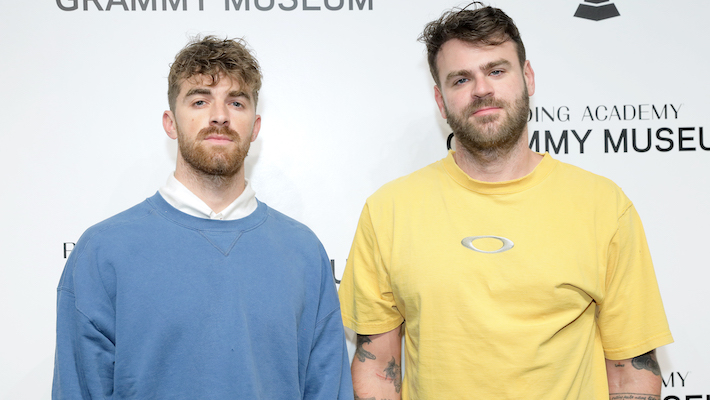

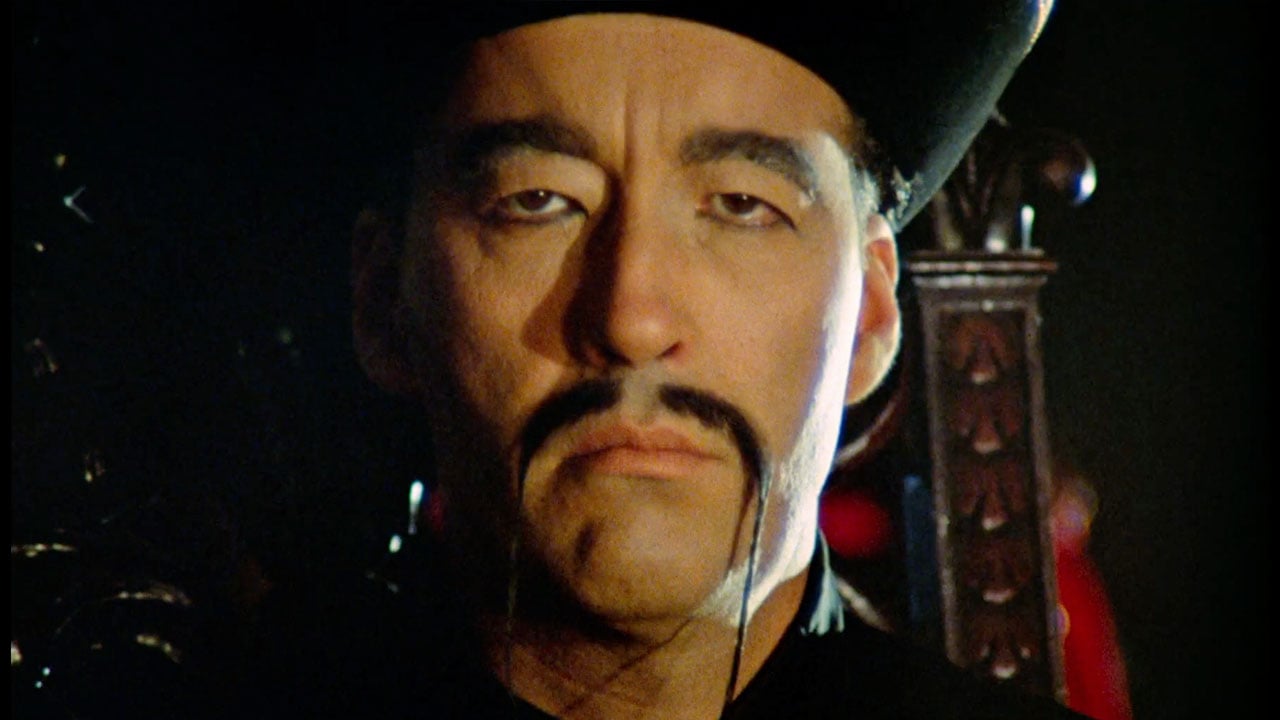
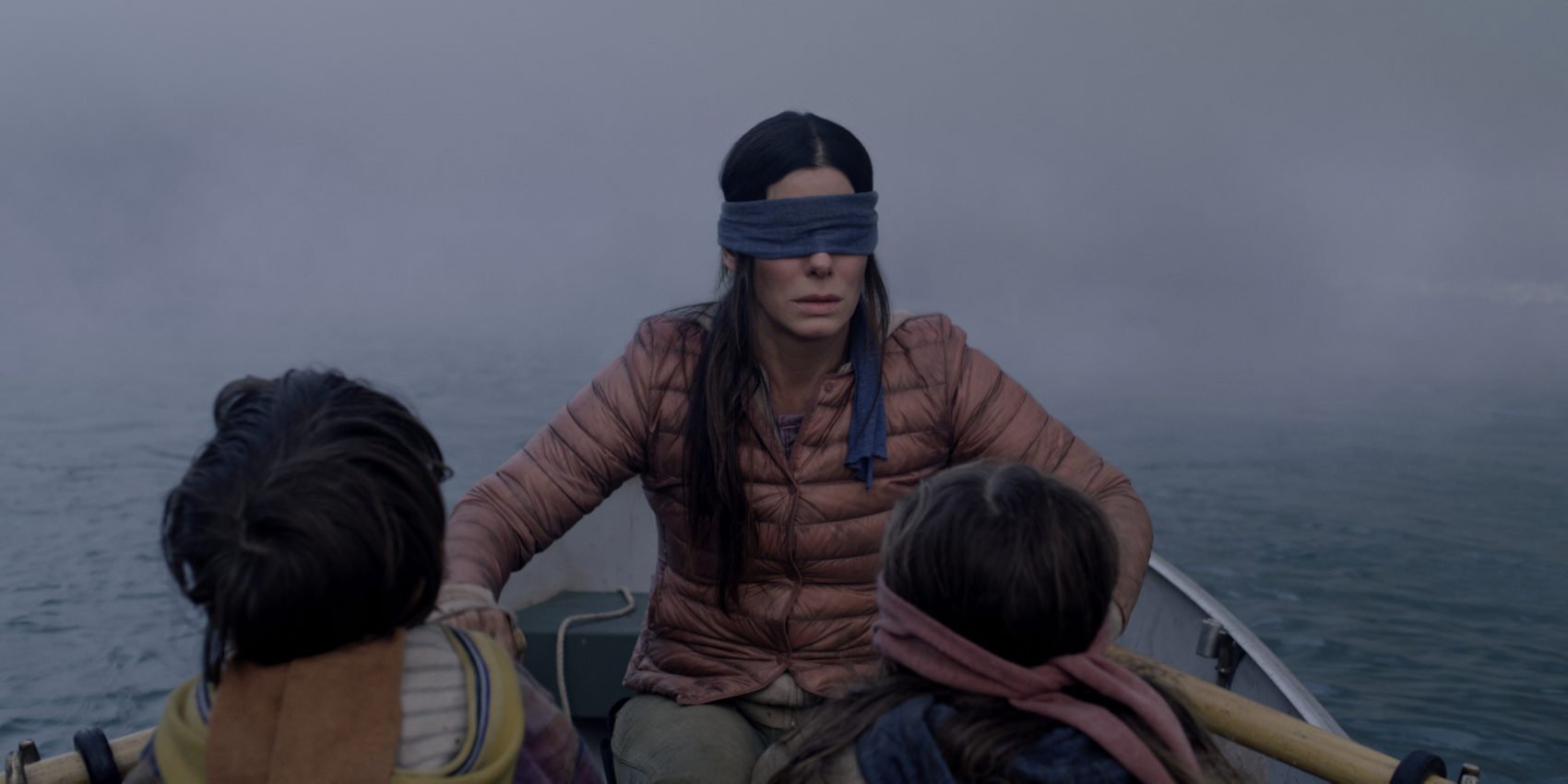
![‘Ready or Not 2’ Cast Announce Includes Sarah Michelle Gellar and David Cronenberg! [Video]](https://bloody-disgusting.com/wp-content/uploads/2019/07/ready-or-not-movie-1024x591.png)













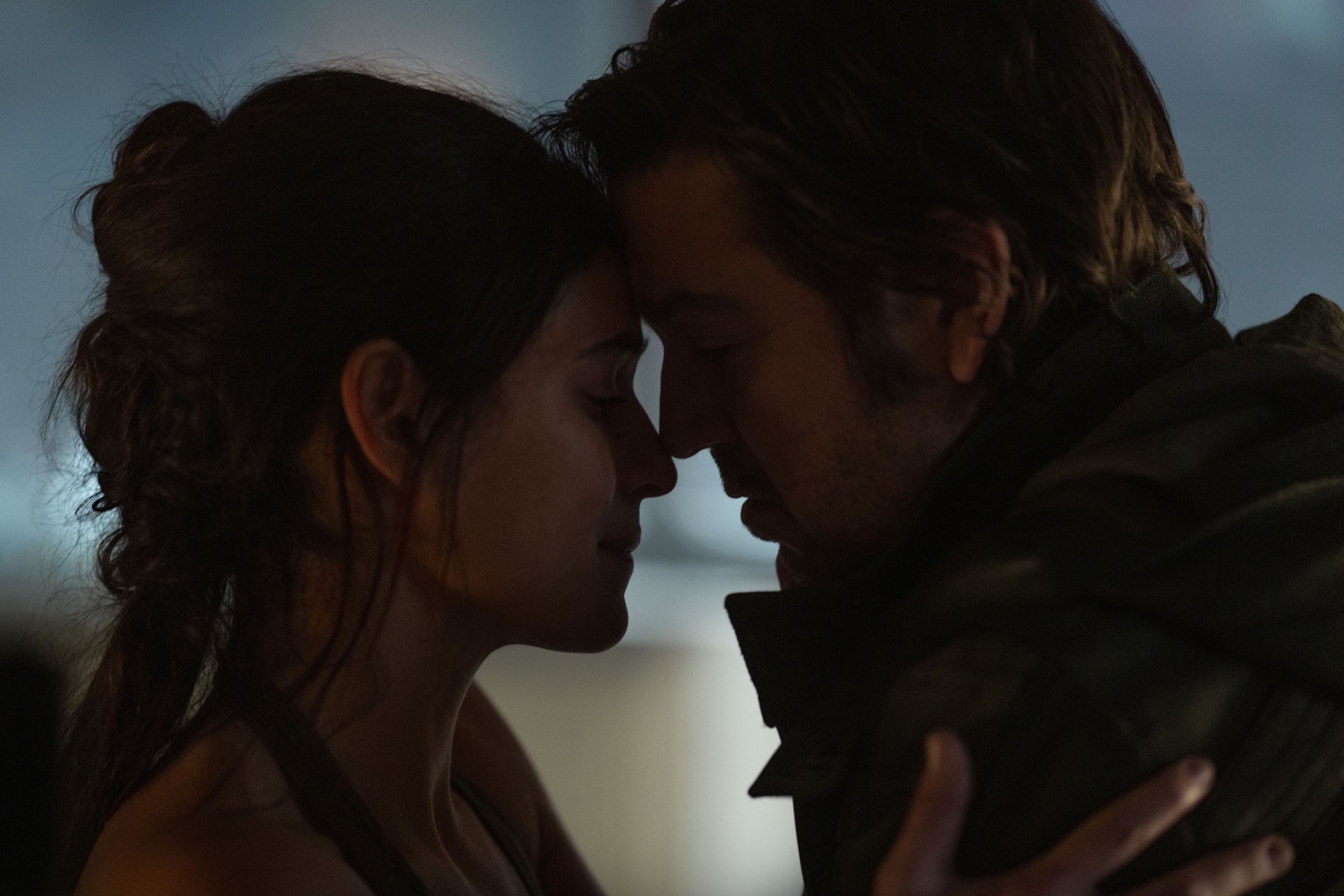







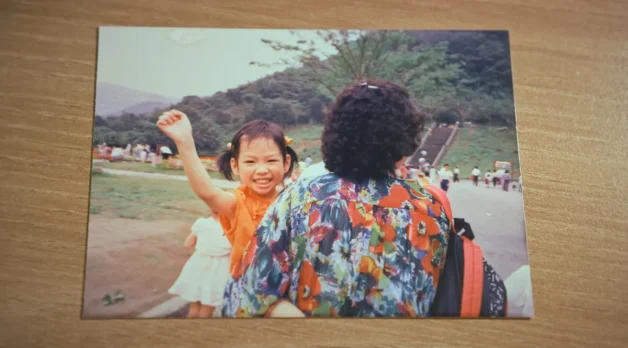








.png?format=1500w#)


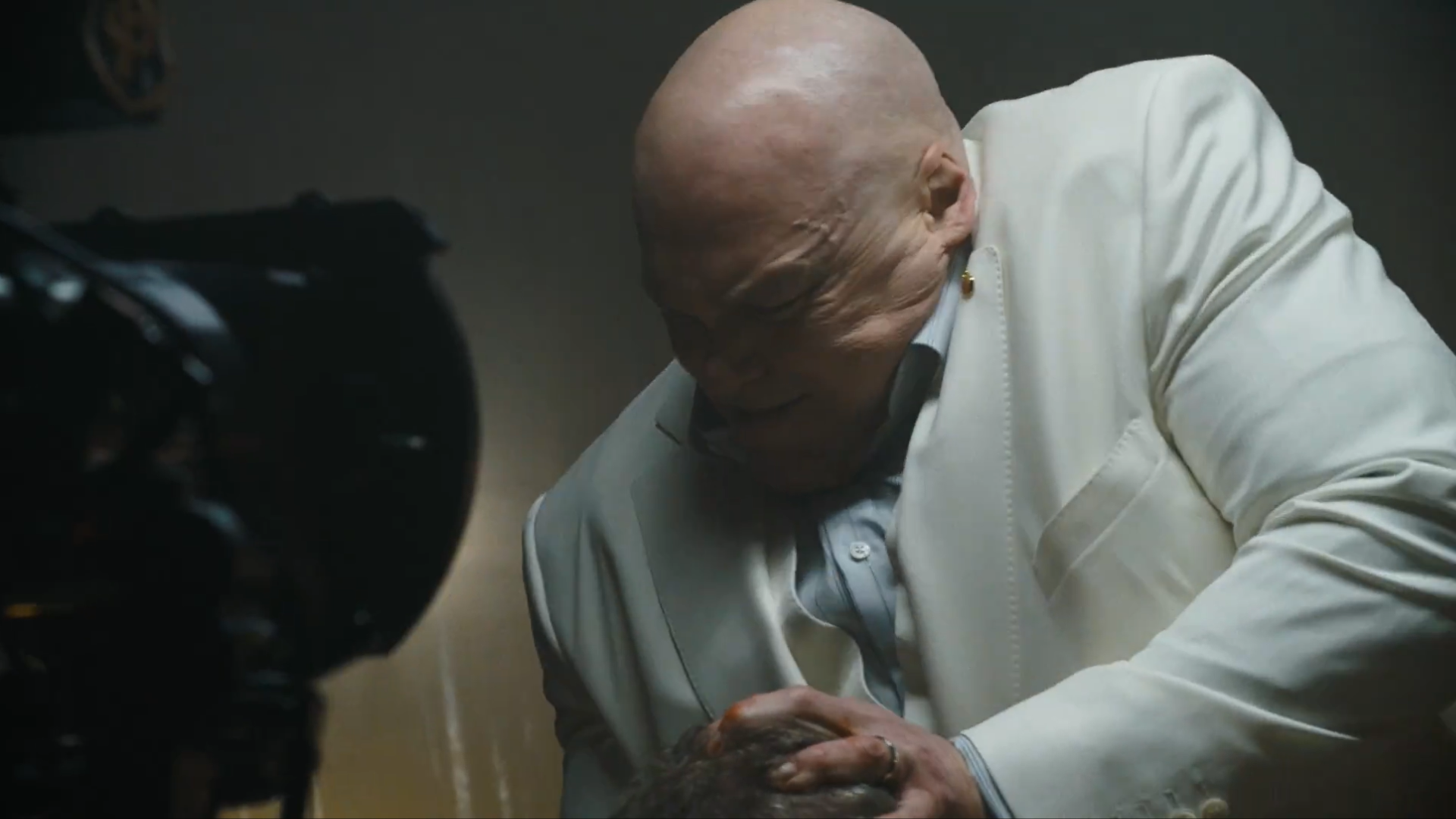.png?format=1500w#)











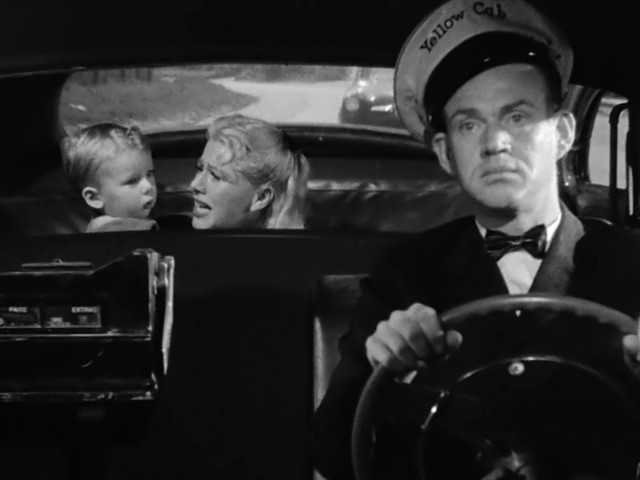






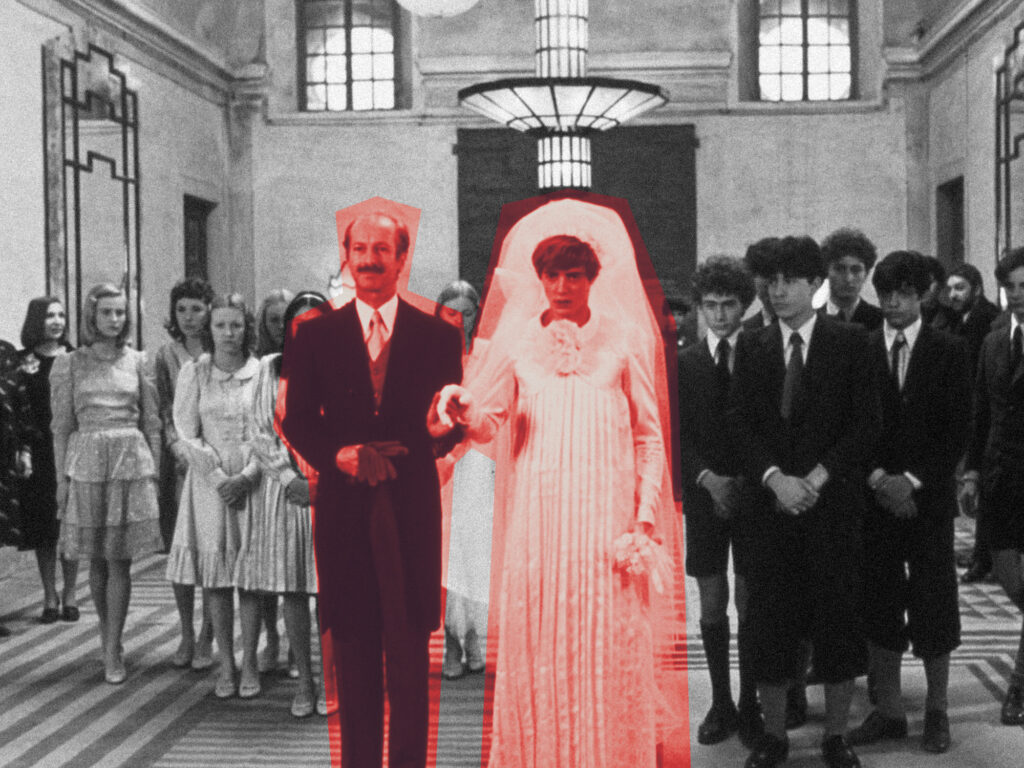

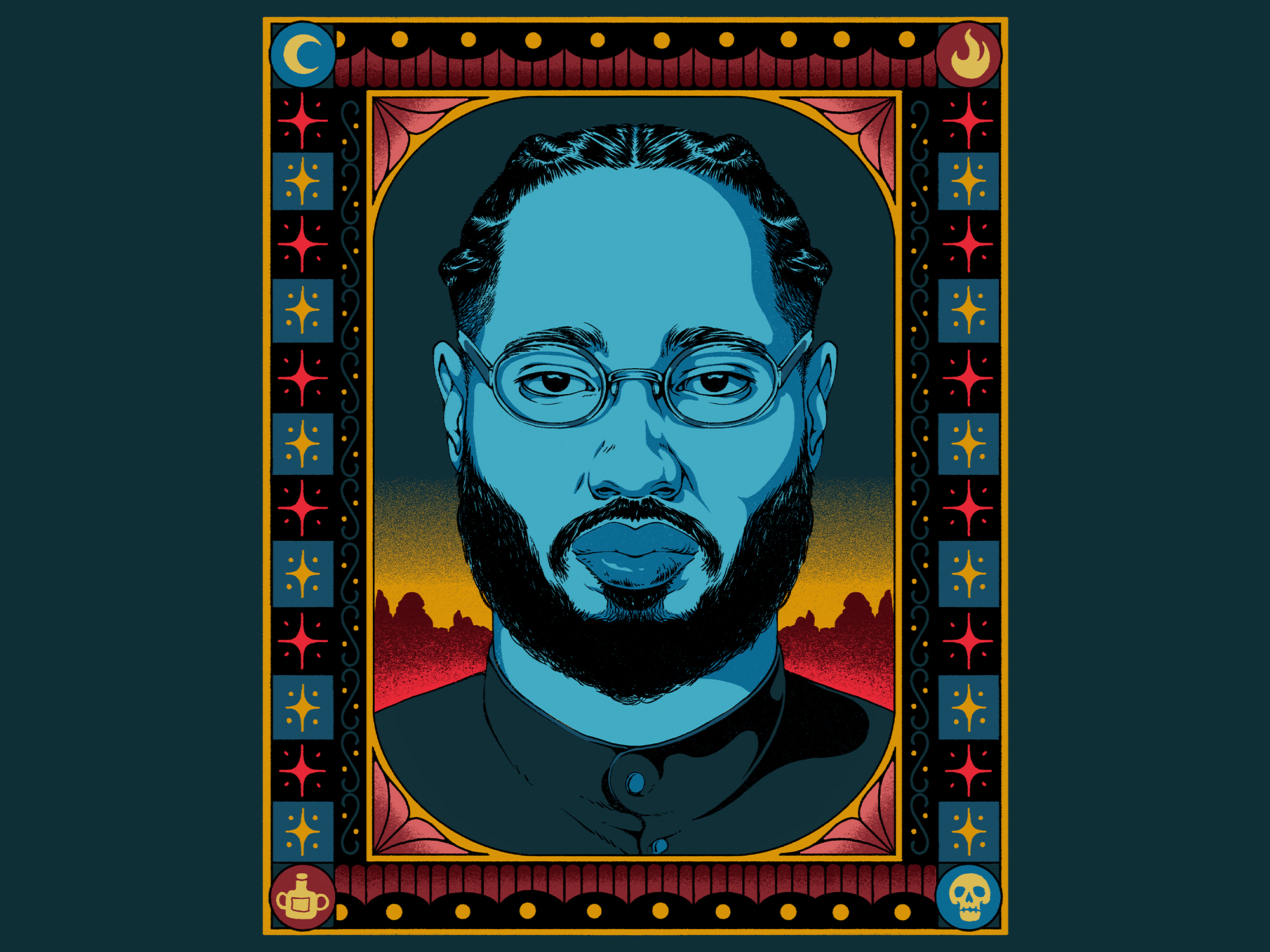












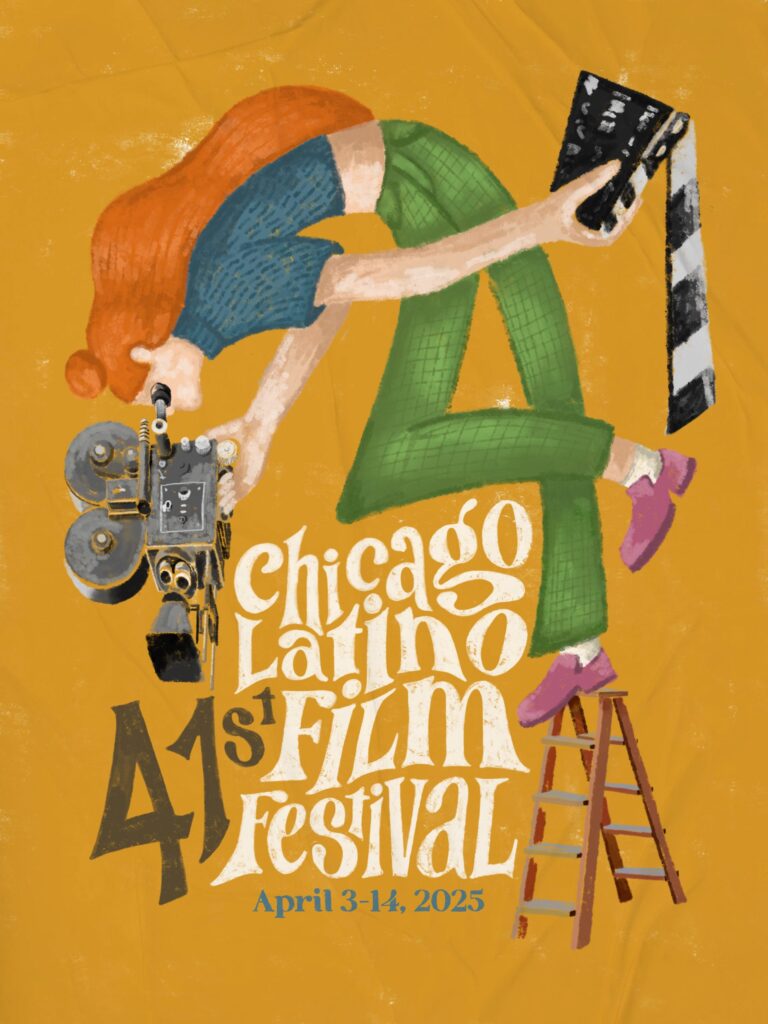




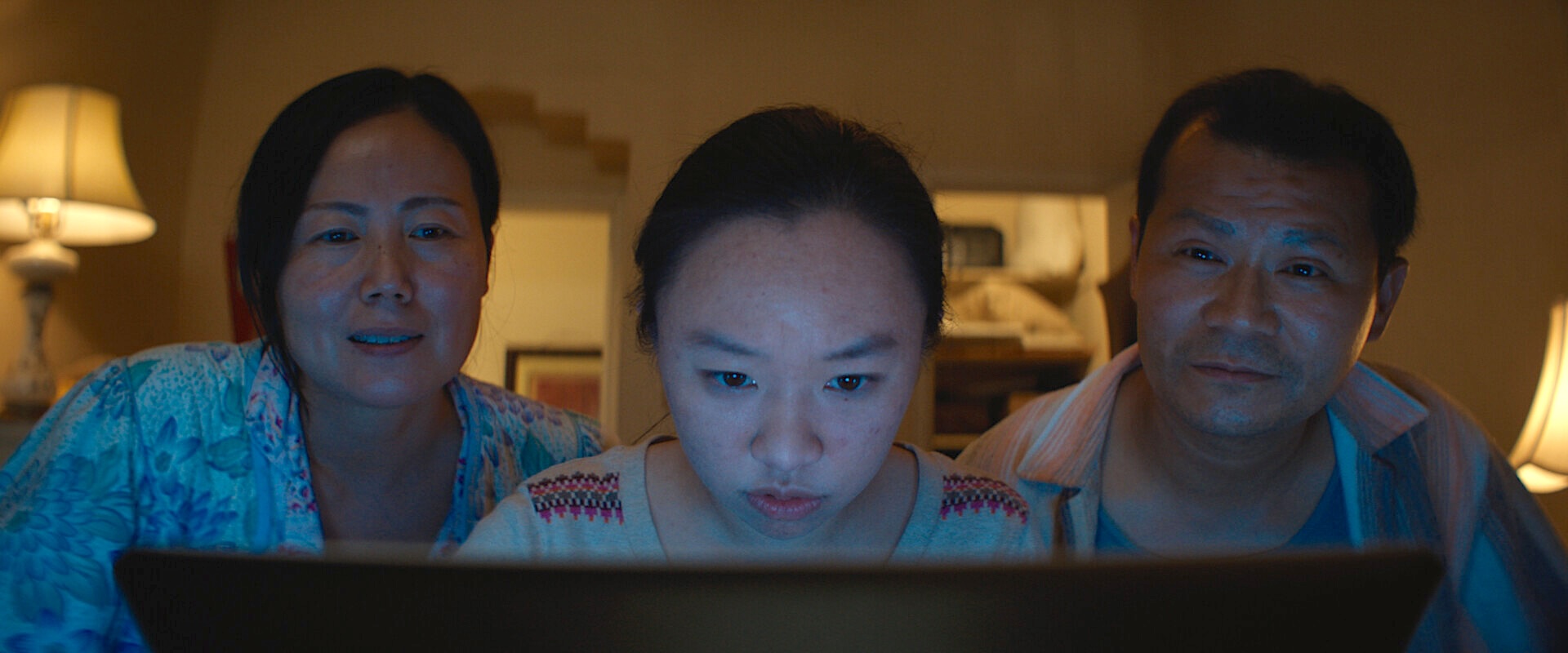

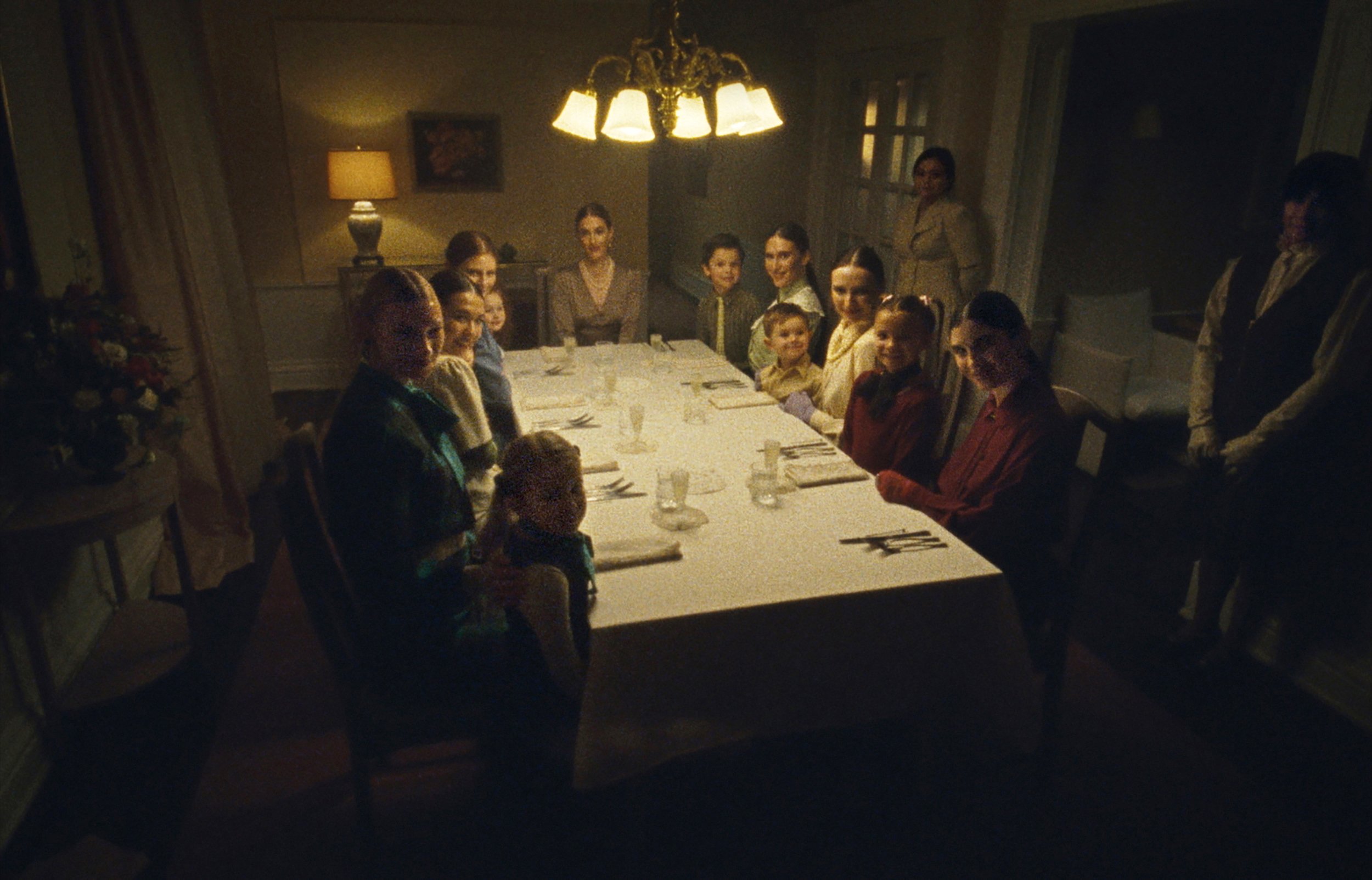

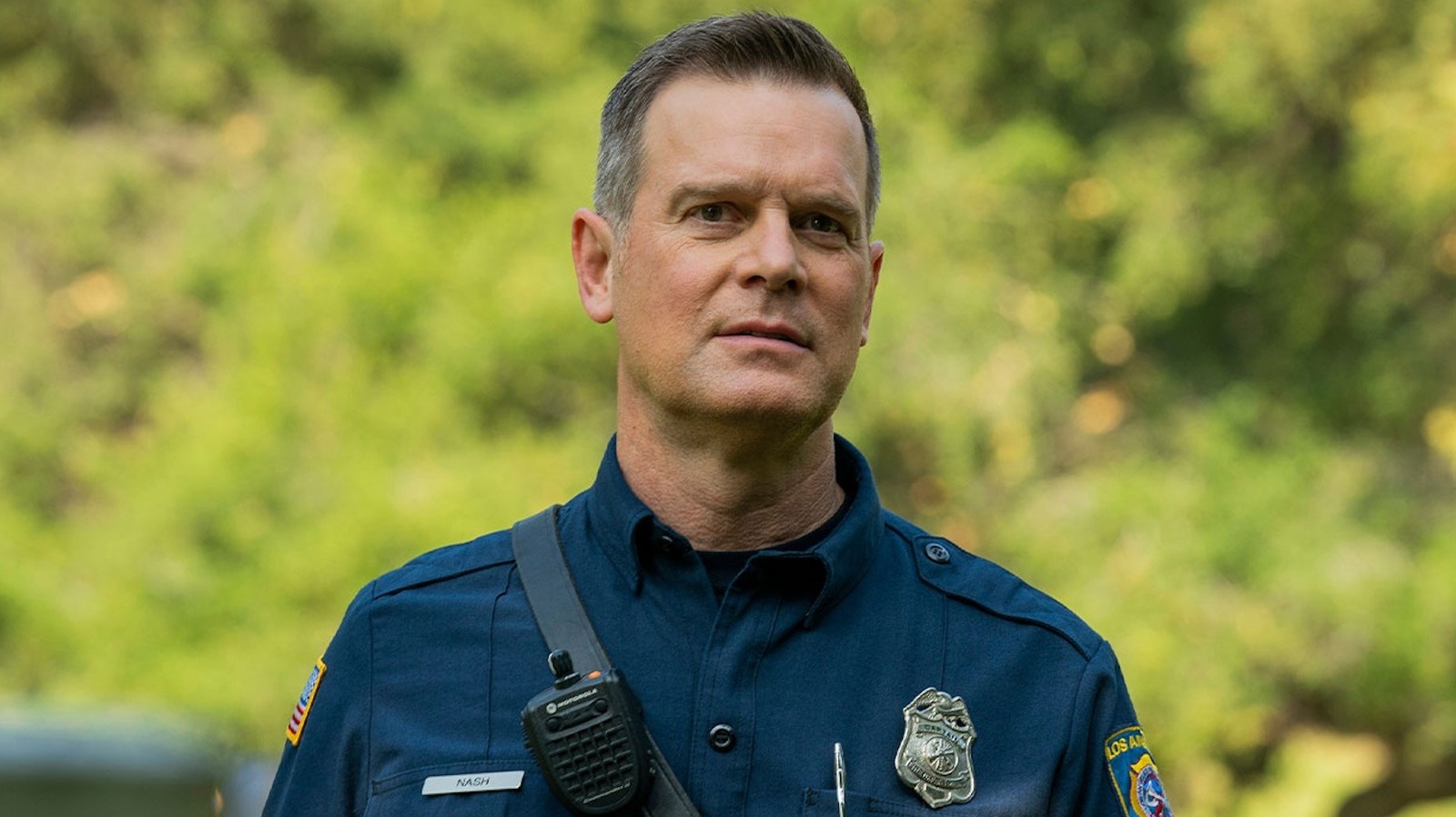








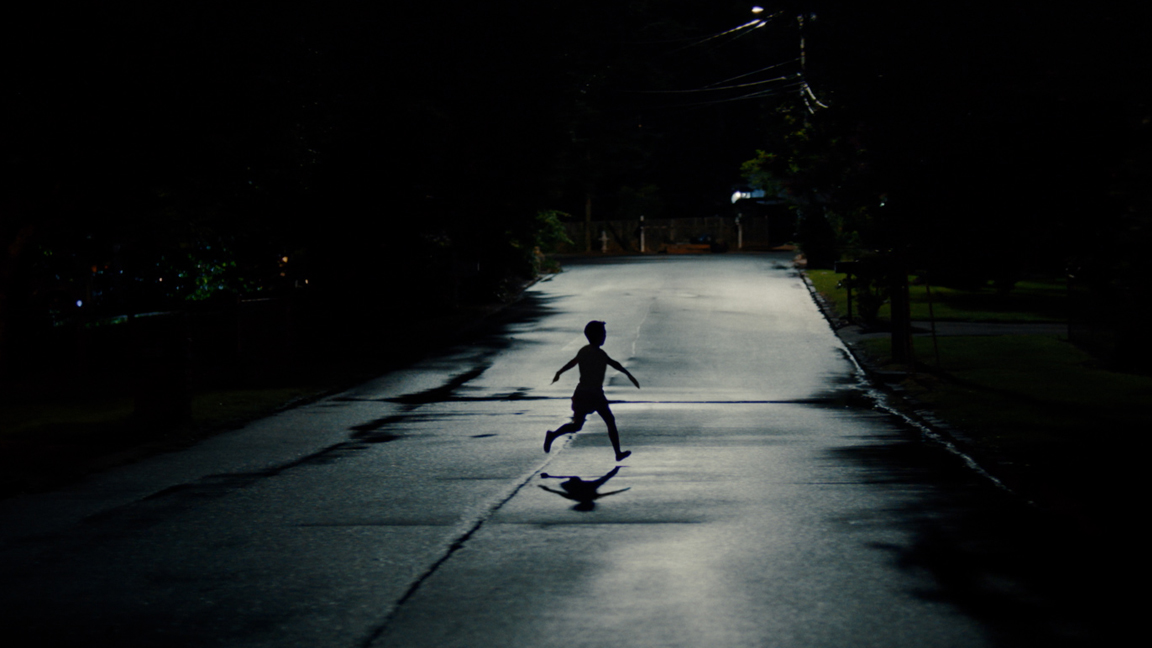



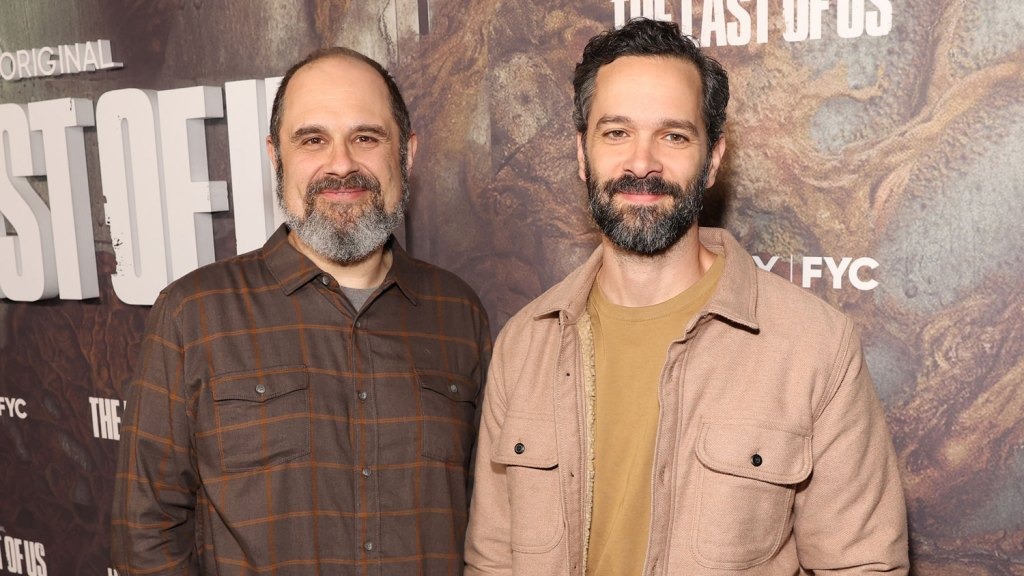

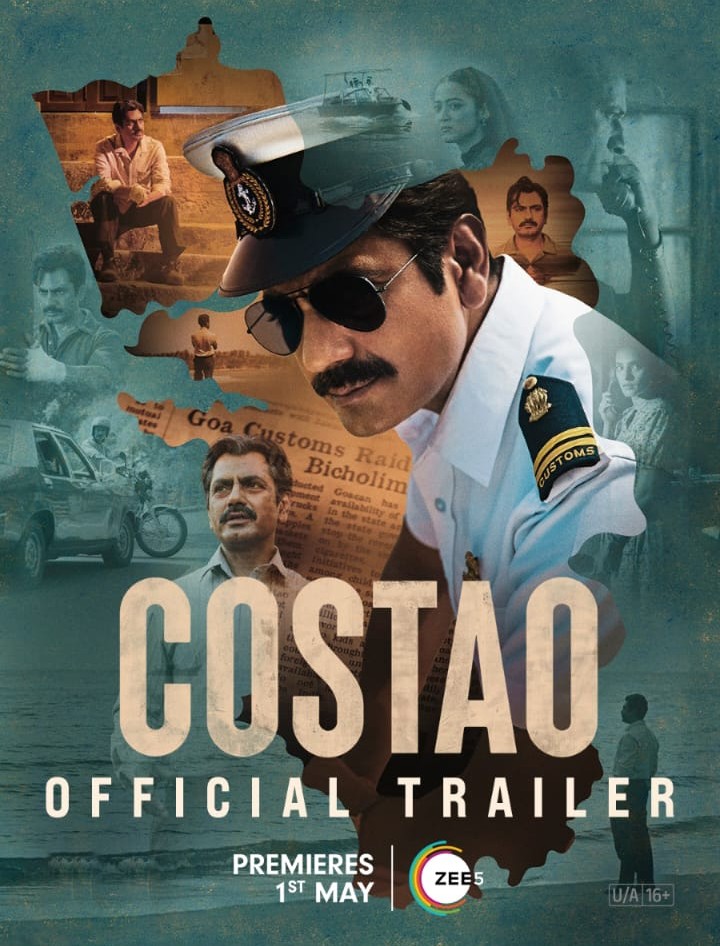






































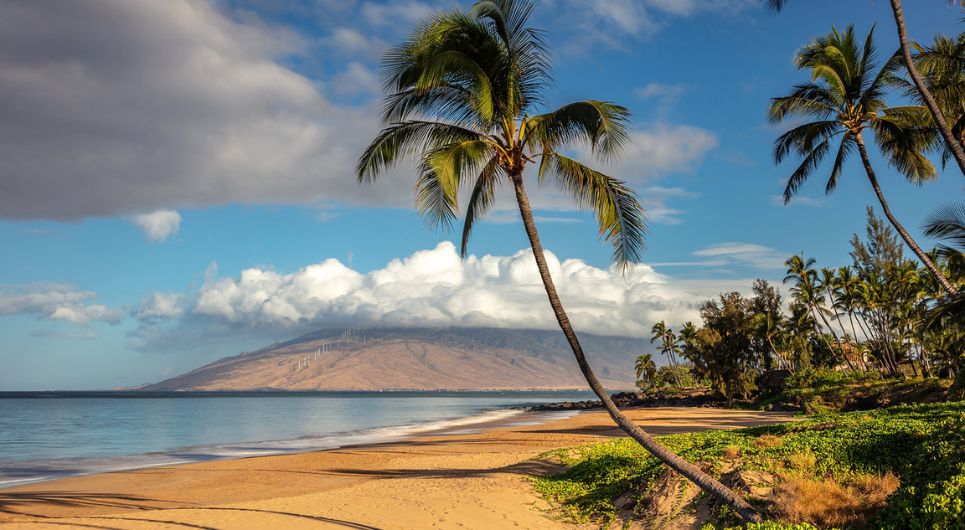










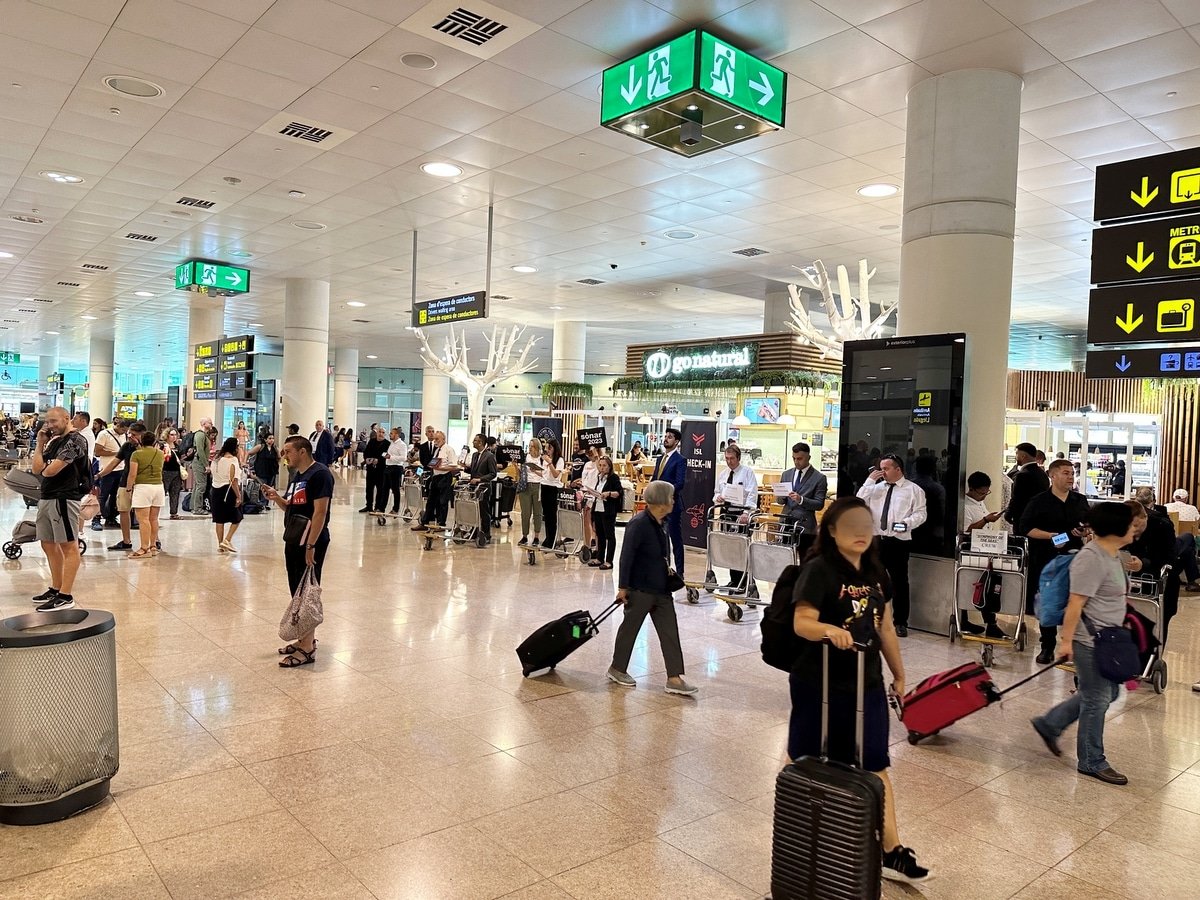











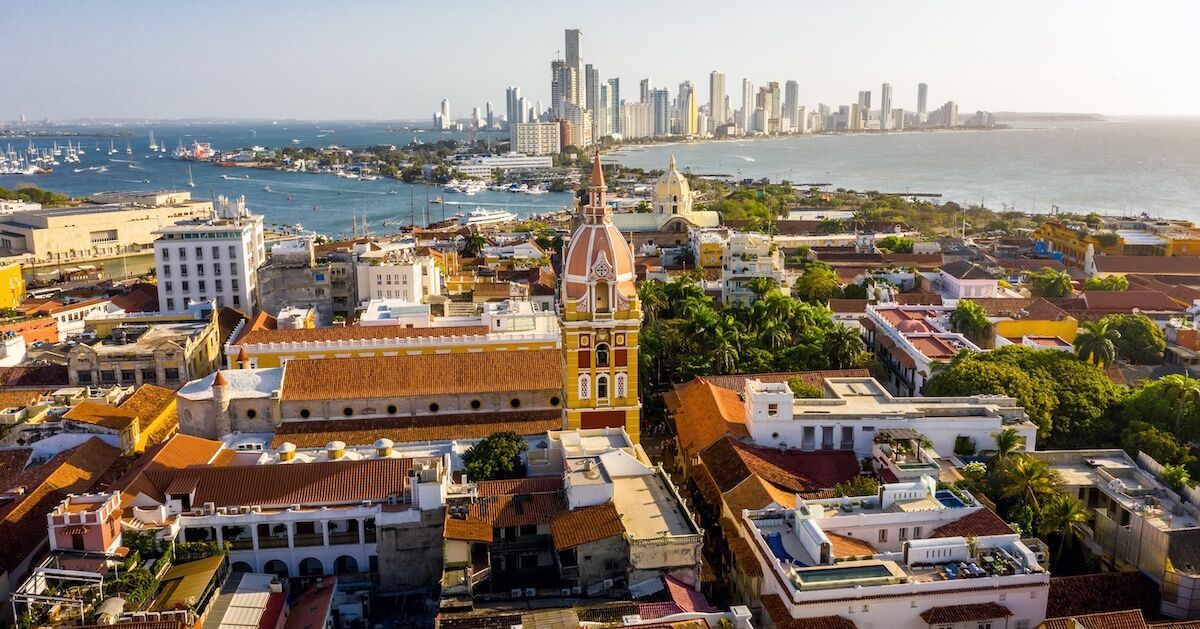

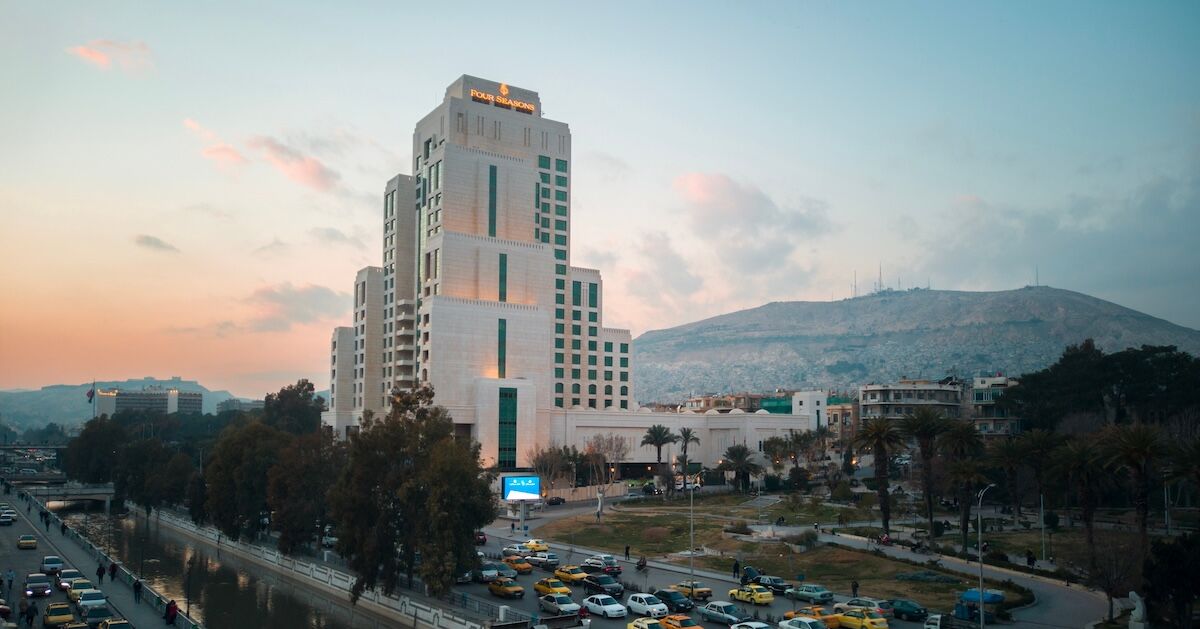
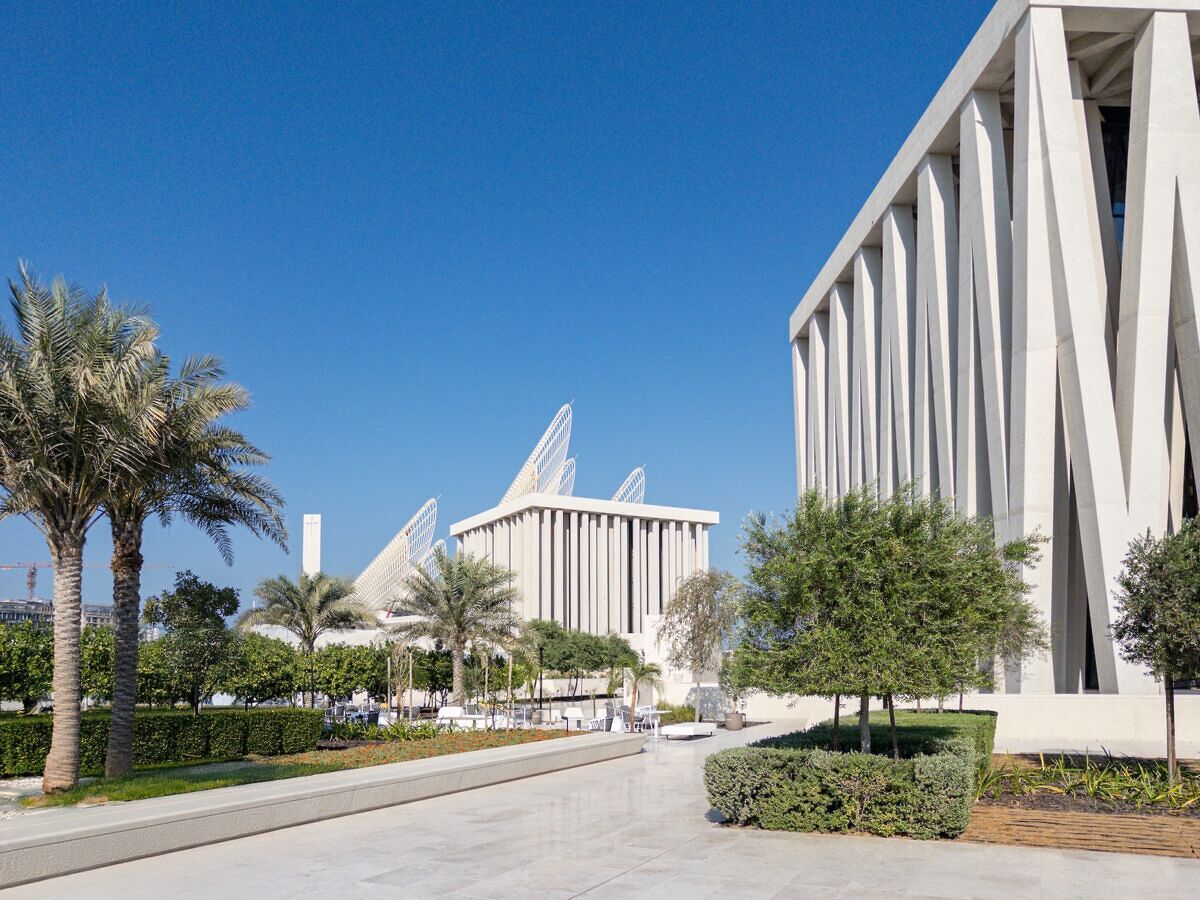




































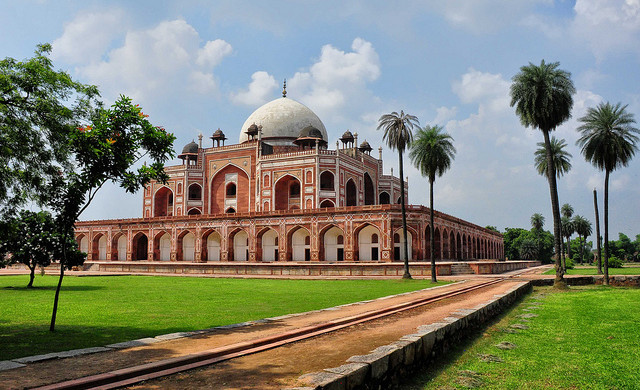










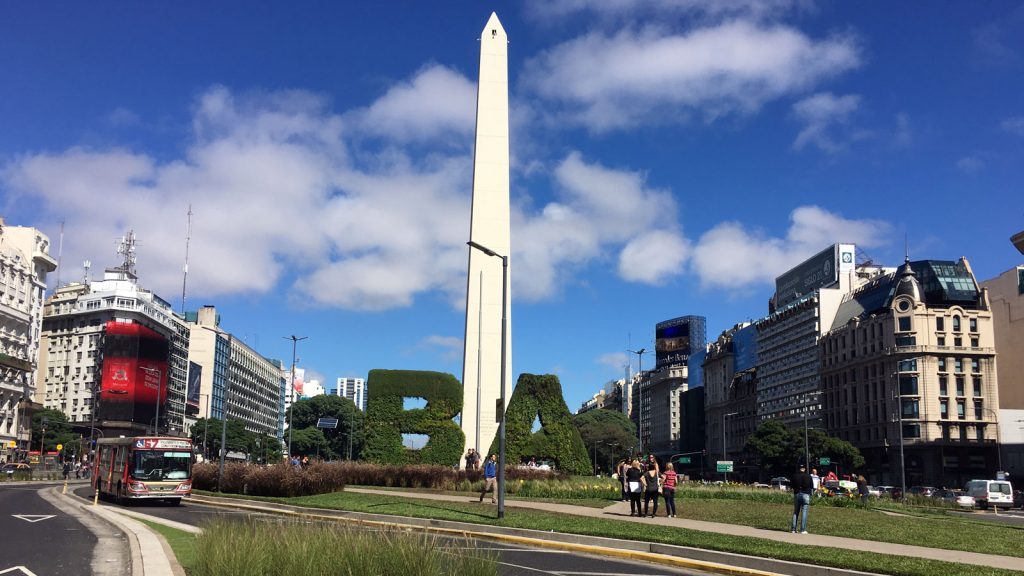





![Mouse Invades United Club at LaGuardia on the Eve of $1,400 Fee Hike [Roundup]](https://viewfromthewing.com/wp-content/uploads/2025/04/united-club-lga.jpg?#)
![Caught on Video: “He Busted Through!” Frontier Airlines Passenger Storms Closed Las Vegas Gate [Roundup]](https://viewfromthewing.com/wp-content/uploads/2025/04/Screenshot-2025-04-20-140707.png?#)

![It’s Unfair to Pay 100% for 50% of a Seat—Why Airlines Must Start Refunding Customers When They Fail To Deliver [Roundup]](https://viewfromthewing.com/wp-content/uploads/2025/04/broken-american-airlines-seat.jpeg?#)































.jpg?#)
.jpg?#)

















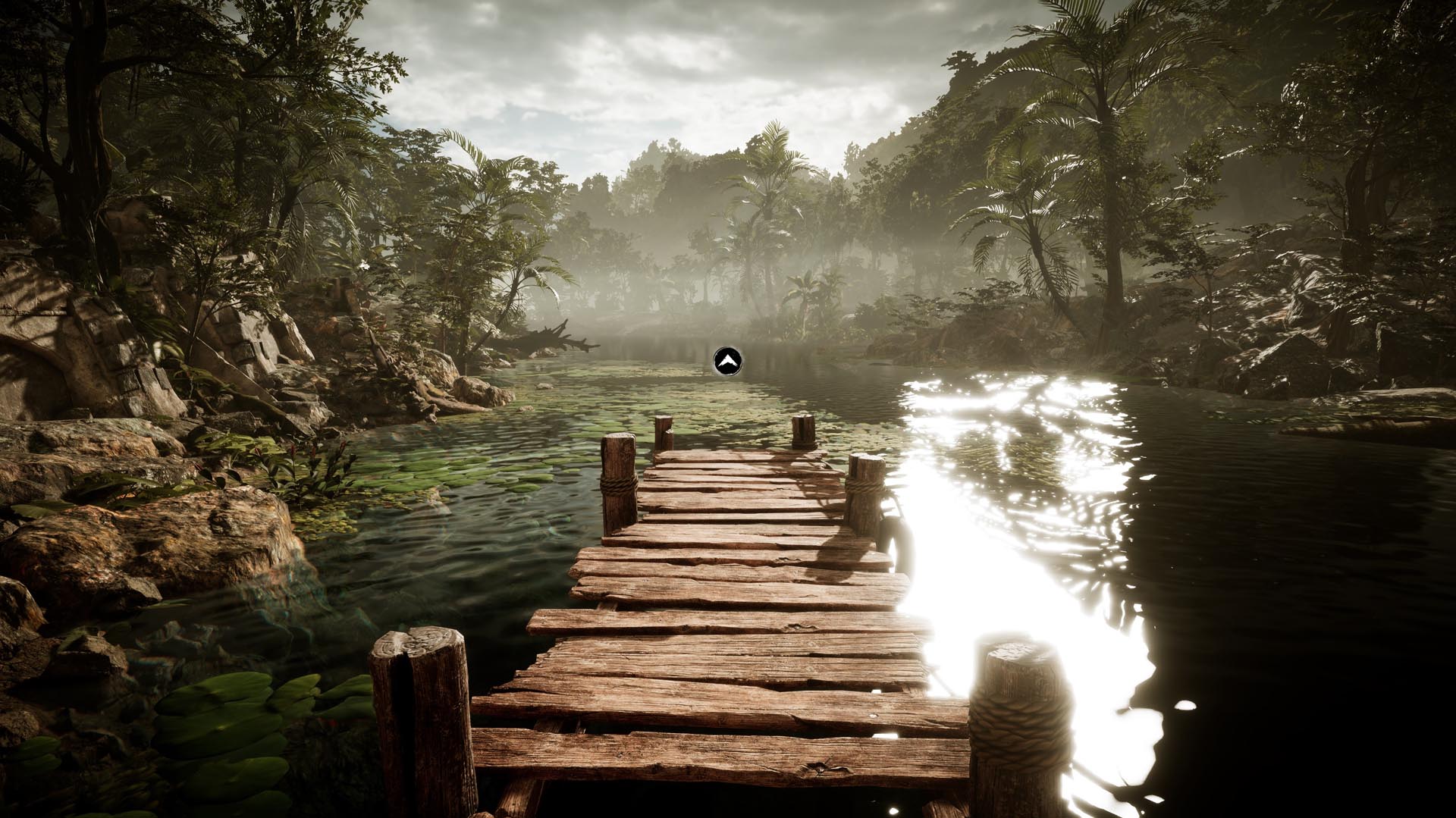






























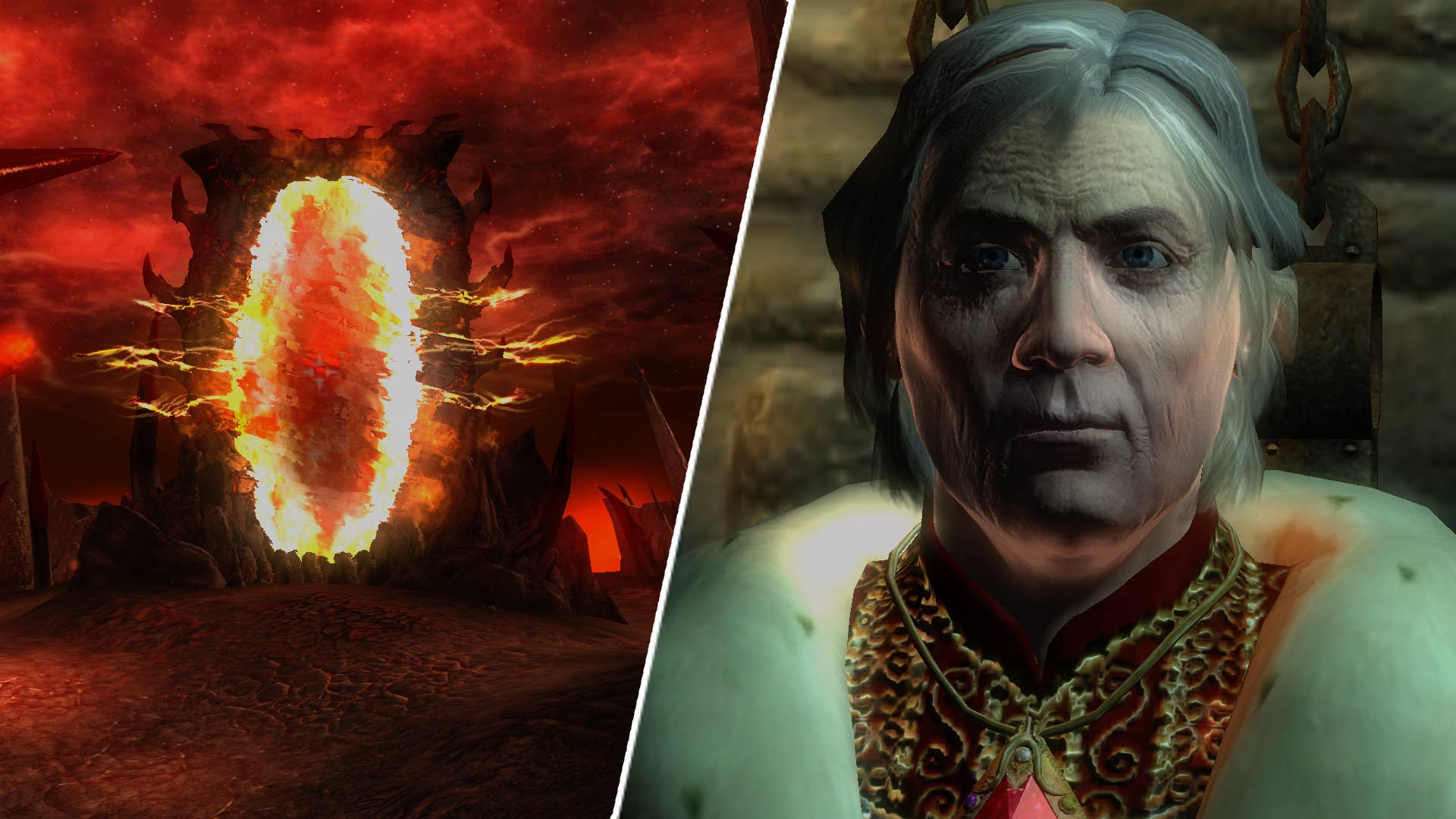




















































































![[Podcast] Unlocking Innovation: How Play & Creativity Drive Success with Melissa Dinwiddie](https://justcreative.com/wp-content/uploads/2025/04/melissa-dinwiddie-youtube.png)






































































